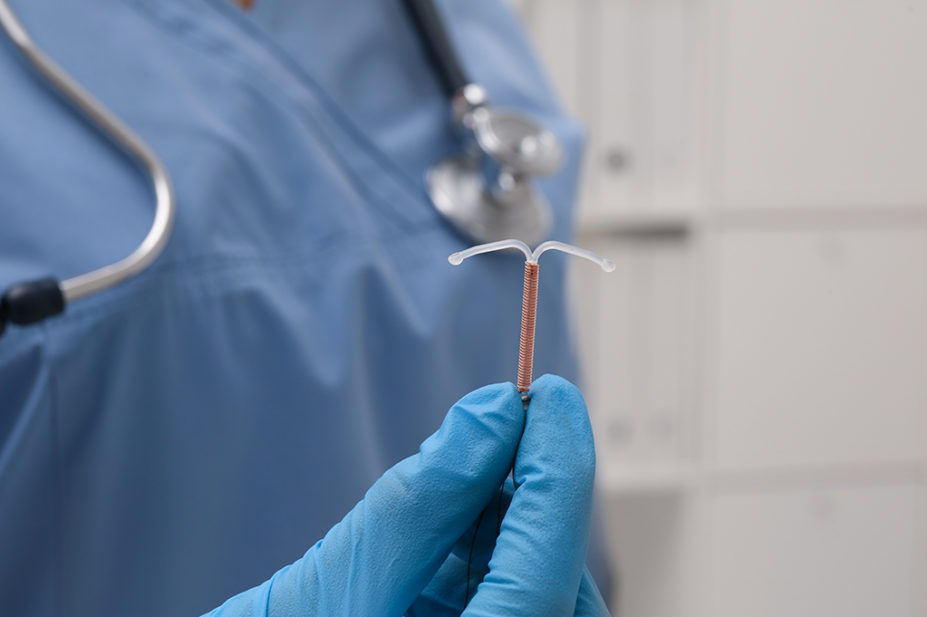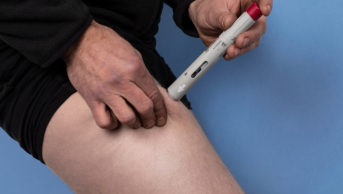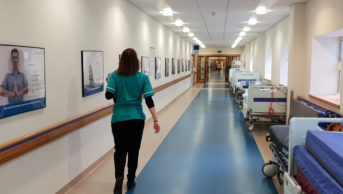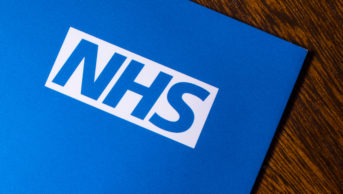
Shutterstock.com
The cost of prescribing contraceptive devices on the NHS in England has fallen by nearly 30% over one year, official data has revealed.
Data from the 2020/2021 ‘Prescribing costs in hospitals and the community’ report, published by NHS Business Services Authority on 11 November 2021, showed that the NHS spent £337,396 on prescribing contraceptive devices, such as intrauterine contraceptive devices and vaginal contraceptive caps, in 2020/2021, compared with £475,195 in 2019/2020 — a 29% decrease.
Spending on contraceptive device prescribing had previously fallen by just 4%, from £496,269 to £475,195 between 2018/2019 and 2019/2020.
The figures cover the cost of medicines prescribed within both primary and secondary care.
The decrease in contraceptive device prescribing in 2020/2021 coincides with a 23% decline in the cost of prescribing contraceptives that are not devices, such as the contraceptive injection and the pill from £99,932,659 in 2019/2020 to £76,837,997 in 2020/2021.
Nuttan Tanna, pharmacist consultant in women’s health and osteoporosis at London North West University Healthcare NHS Trust, said: “The fact that with COVID-19, where health professionals were not seeing patients face-to-face in order to reduce COVID-19 transmission, plus many patients opted not to accept face-to-face appointments in order to protect themselves, would explain the reduction in costs over 2020/2021”.
Tanna added the NHS “could increase capacity by getting trained [family planning service] nurses to provide services within community pharmacies”, suggesting that this could be “an idea along the lines of funded COVID-19 vaccination clinics in community pharmacies”.
Community pharmacies in seven parts of England are currently providing oral contraceptive management as part of a year-long pilot that began on 30 September 2021, with the aim of reducing demand on GP and sexual health services.
Under the first stage of the pilot, patients who are already using hormonal oral contraceptives are able to present at a community pharmacy for a repeat supply, which could be issued following a consultation with a pharmacist.
However, further stages of the pilot could include ongoing monitoring and management of repeat long-acting reversible contraception (LARCs), excluding intrauterine systems and intrauterine contraceptive devices, and potentially initiating some LARCs in community pharmacy.
In Scotland, the government announced plans in August 2021 to provide women’s health services through community pharmacies in an effort to address health inequalities and to “improve access to contraception services, including rapid and easily accessible postnatal contraception”.


